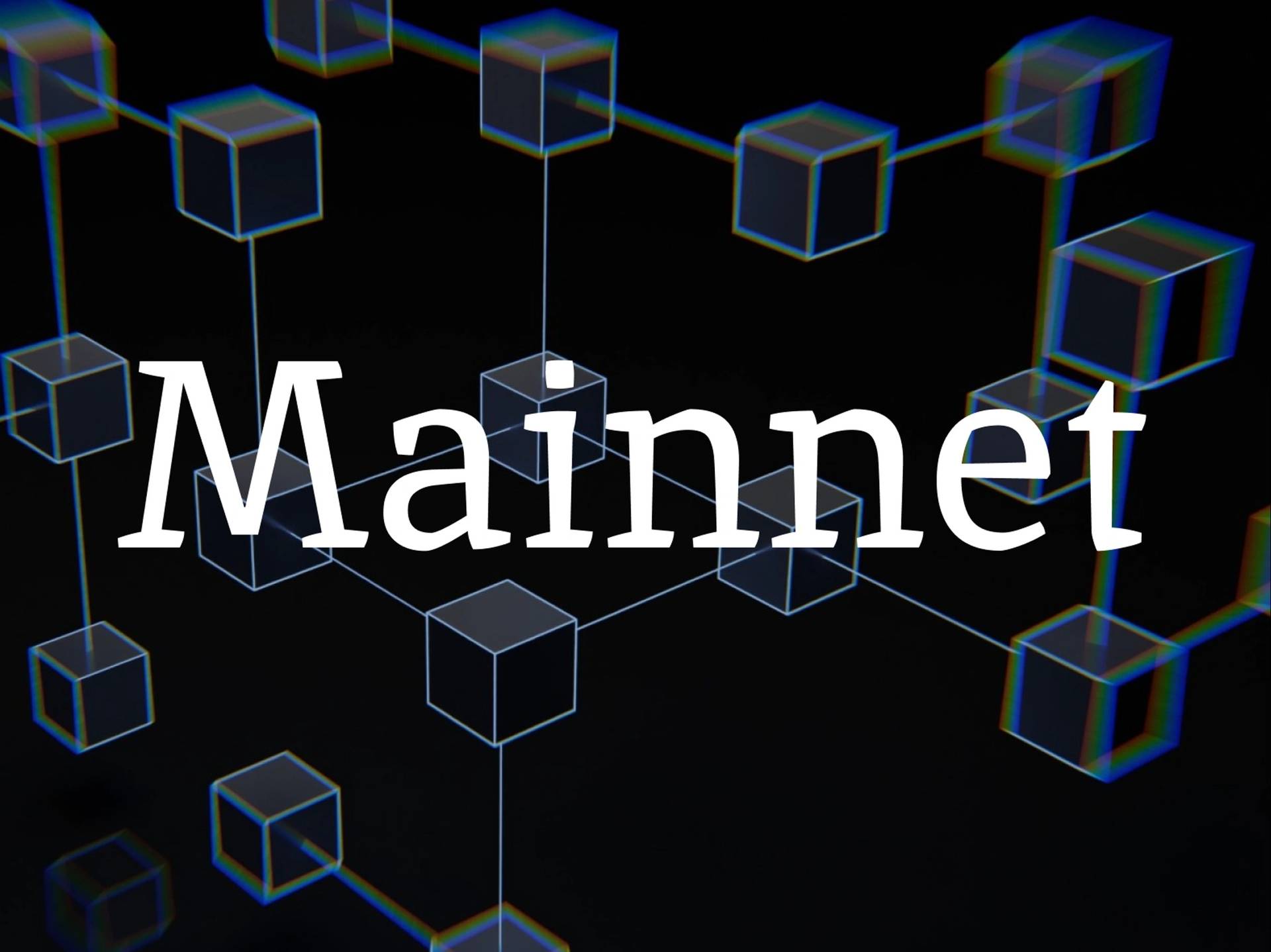Subscribe to wiki
Share wiki
Bookmark
Mainnet
The Agent Tokenization Platform (ATP):Build autonomous agents with the Agent Development Kit (ADK)
0%
Mainnet
Mainnet refers to the fully developed and deployed state of a blockchain protocol, wherein cryptocurrency transactions are broadcasted, verified, and recorded on a distributed ledger. [1][2]
Overview
A mainnet is a fully functional blockchain responsible for carrying out digital currency transactions between senders and recipients. In contrast, a testnet serves as a prototype for testing transaction functionalities. Mainnet represents the final stage of a blockchain protocol's development and deployment after undergoing testing on the testnet.
It involves broadcasting, verifying, and recording cryptocurrency transactions on the blockchain, making it available for public use. However, similar to testnets or code frameworks, mainnets can be updated or revised by project teams or cryptocurrency open-source communities. In essence, a mainnet is an independent blockchain operating on its network with its technology and protocol. [2]
Mainnet Launch
A mainnet launch is a defining time for a blockchain project to open to the public and begin mass adaptation. When a blockchain project team is ready to distribute their official end product, they carry out a “mainnet launch”, putting the product into actual production and operations.
Even after a mainnet is launched, many developers continue to run a parallel testnet to try out new functionality before deploying it on the live blockchain to avoid disruption for users. These upgrades are typically known as soft forks and hard forks depending on their functionality. [4][5]
Importance of Mainnets
Proof of Development
Mainnets are pieces of verifiable proof. They prove that projects are developing a fully functional and working blockchain where transactions can occur. Having a mainnet is a tell-tale sign that the project is live and is also in technical progress.
Additionally, a live mainnet will put the blockchain’s functionalities and capabilities to the test. This is because the public will be able to participate in the network. Moreover, any malfunction that occurs could potentially compromise the inner workings of the blockchain. Therefore, launching the mainnet will take an excessive amount of resources and development to ensure the successful operation of every component. [4]
Credibility
A project with a mainnet gains credibility due to its fully functioning protocol, enabling live transactions with native coins of the blockchain. Participants can interact with one another and become participating nodes by downloading the protocol software, which is often open-source and visible to the public. Any concerns or issues can be raised and addressed within this live ecosystem, ensuring full transparency.[5]
Conversely, projects without a mainnet are purely conceptual or theoretical, lacking a working product for participants to test. When evaluating ICO projects seeking funding, projects without a mainnet or testnet present greater challenges for assessment.[5]
Mainnet Swap
A mainnet swap consists of switching from one blockchain network to another. In most cases, the swap takes place when a crypto project migrates from a third-party platform, for example, Ethereum, to its own native blockchain network. The project's cryptocurrency tokens are gradually replaced by newly issued coins and all blockchain activity is moved to the new chain, also known as token migration. [4]
Each mainnet swap has its own particularities in terms of execution. Some projects assign migration periods, with a predefined deadline for users to exchange their old tokens for the new ones. If they fail to do so, they may end up losing access to their funds because the old tokens are usually destroyed or frozen. After the mainnet swap is completed, the remaining tokens are usually destroyed so that only the new coins can be used. [4]
Use cases
- Most blockchains make their underlying code public after the mainnet launch. It helps to gain trust since most users trust open-source blockchains more.
- An independent blockchain is likely to have better security properties and other features.
- If mainnet is successful, it helps to grow and attracts the general public to join the network.
- The mainnet deployment helps to create a bigger ecosystem by creating use cases for more decentralized apps (dApps) to join the blockchain. [6]
See something wrong?
The Agent Tokenization Platform (ATP):Build autonomous agents with the Agent Development Kit (ADK)
